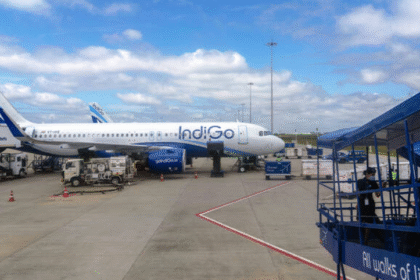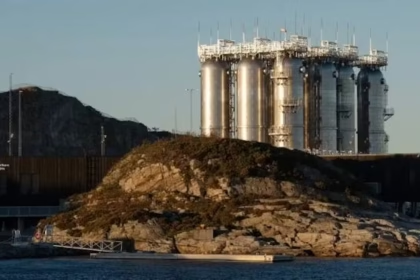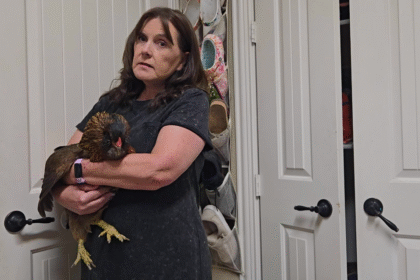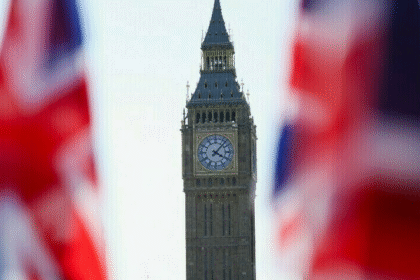India and China have agreed to resume direct flights between the two countries later this month, marking the end of a five-year suspension that began during the Covid-19 pandemic. Officials confirmed ...
Indonesia and the European Union have officially concluded negotiations on a landmark trade deal after nearly ten years of discussions. The Indonesia-European Union Comprehensive Economic Partnership ...
The Punjab Health Department has announced the start of a province-wide cervical cancer vaccination campaign beginning on Monday, September 15, 2025. The initiative is aimed at protecting young girls ...
The countdown to the Asia Cup 2025 officially began as Asian Cricket Council (ACC) President and PCB Chairman Mohsin Naqvi unveiled the tournament trophy in Dubai on Tuesday. Captains of all eight par...
First Injection CompletedNorway has officially opened the world’s first commercial carbon storage site, marking a turning point in carbon capture and storage (CCS) technology. The Northern Lights cons...
Seoul has become the first city in South Korea to deploy life-sized holographic police officers in public spaces as part of a high-tech crime prevention initiative. The project, led by the Seoul Metro...
Pearl wasn’t born in a barnyard or on a large farm. Instead, she hatched on March 13, 2011, inside a small home incubator owned by Sonya Hill. At the time, no one imagined that this fluffy Easter Egge...
In an ambitious move to confront Lahore’s persistent air pollution, the Punjab government is rolling out Pakistan’s first AI-controlled dust suppression fleet, comprising 15 specially designed vehicle...
The World Championship of Legends may have crowned the South Africa Champions as victors, but it was a surprising on-field moment that captured global attention. As the final ceremony unfolded in fron...
An official from Pakistan’s Foreign Office (FO) has disclosed that between 13,000 and 15,000 Pakistani students migrate to the United Kingdom annually, and a significant portion do so with the intenti...









